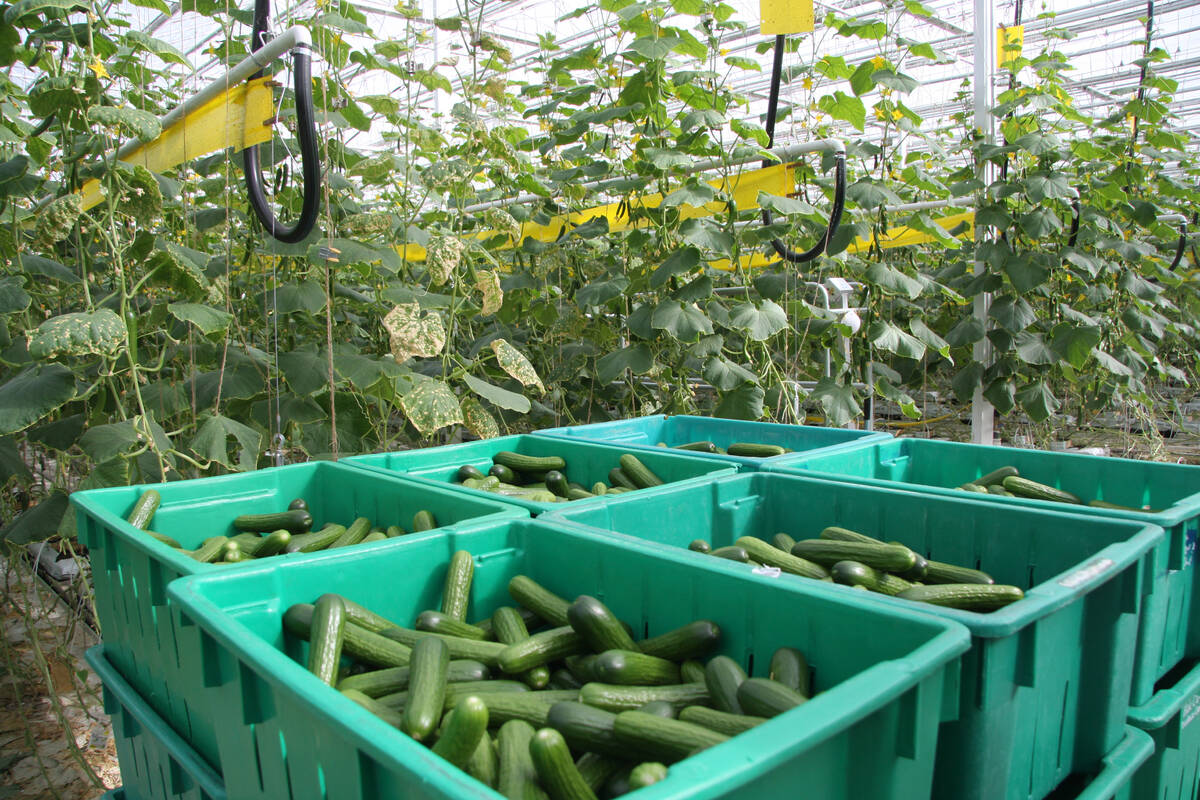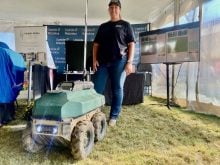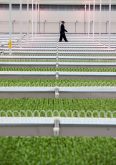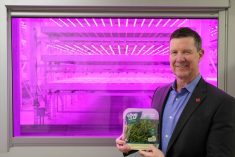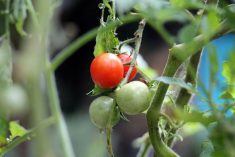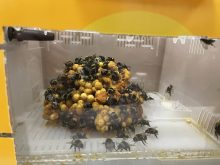A made-in-Ontario startup is helping Canadian farmers, seed companies, and agribusinesses gain access to cutting-edge genomics technologies once only reserved for the biggest global players.
Turnkey Genomics, founded in 2023 by Chris Grainger, is building on the groundwork of his first agri-tech venture to deliver faster, more affordable DNA testing tools for plant breeding, crop protection, and farm-level monitoring.
Why it matters: More accessible and affordable genomics tools can help Canadian businesses of all sizes compete in an increasingly challenging global landscape.
Read Also
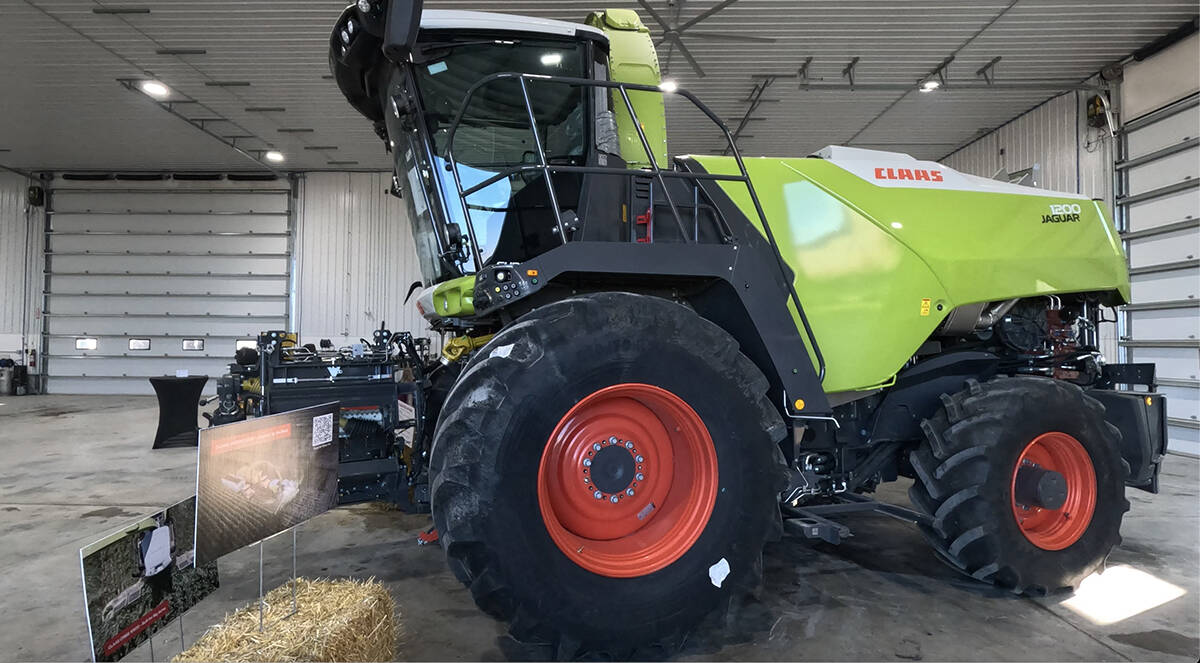
Claas brings 1000 Series SP forage harvesters to Canada
In mid-August, Claas unveiled its new line of Jaguar forage harvesters at an event in Visalia, California, deep in the heart of that state’s dairy region.
The company has already attracted the backing of seasoned agri-tech investors like London’s RHA Ventures, who took an early interest in Grainger’s business, as well as support from the Grand River Agricultural Society’s impact investing program.
“RHA has been very influential in the next iteration of Turnkey and our ability to leverage networks that are truly national,” says Grainger, who previously spent more than two decades working in various roles at the University of Guelph developing and applying genomic technologies.
“This has been an interesting year with all things trade and a rethinking of how much we are reliant on the U.S. (for technologies and testing).”
According to Grainger, a lot of genomic tools have traditionally been focused on large commodity grain and oilseed crops, and Turnkey is working to service other crop-growing ag sectors too.
Turnkey’s product development work is focused on three pillars: seeds and traits, crop protection and mobile on-site testing.
Grainger and his team are working with Canada’s next generation of plant breeders, many trained at the University of Guelph, to speed the development of new crop varieties. Genomics tools can identify favourable gene combinations, letting breeders more rapidly select parents and progeny with traits like disease resistance, resilience to environmental stress, or higher yield potential.
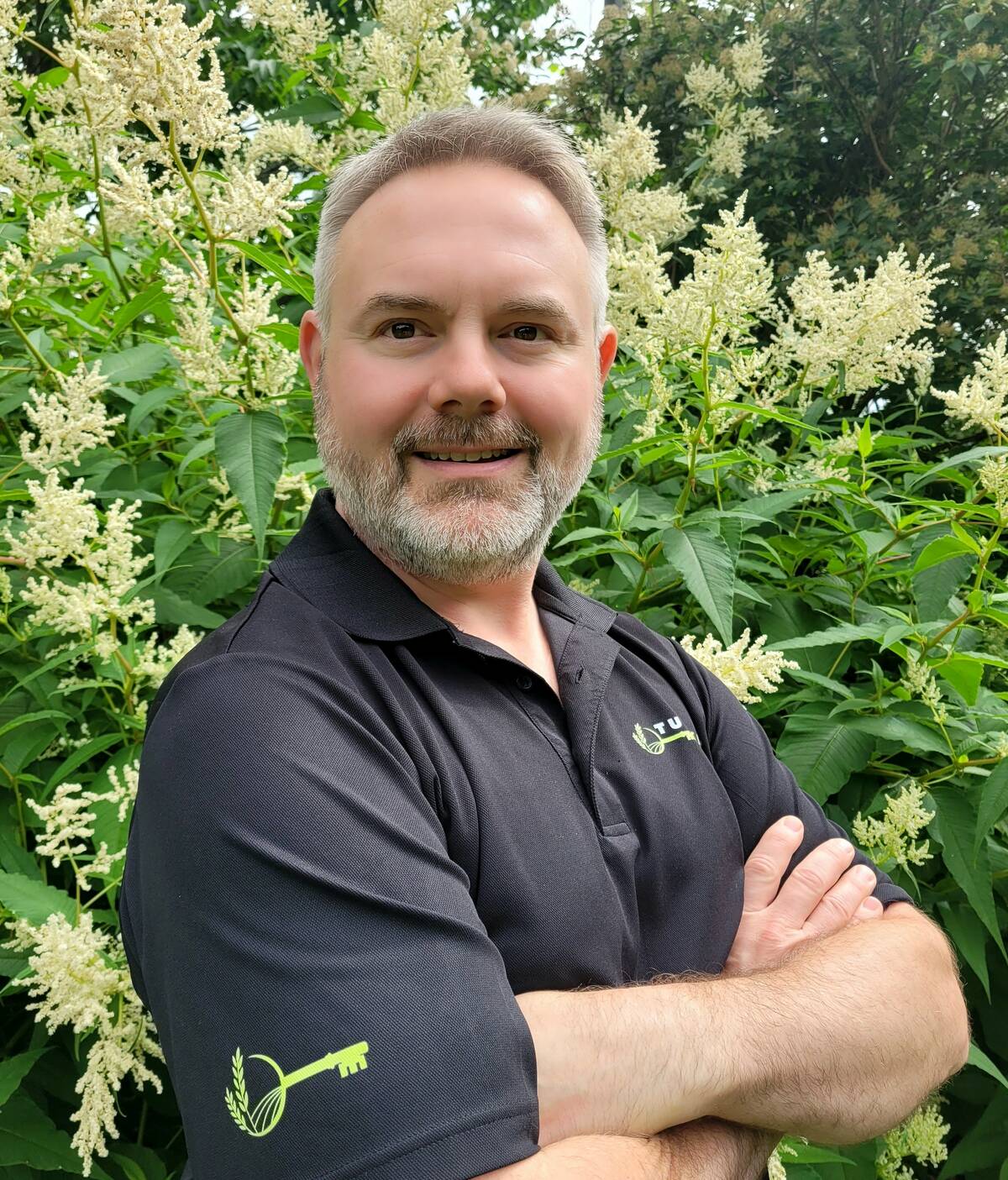
Although DNA tools have long been used in major crops like corn and soybeans, Grainger sees opportunities across Ontario’s diverse mix of field, orchard, vineyard and greenhouse crops.
That diversity, he says, is what makes Ontario a hotbed for applying genomics to agriculture.
Herbicide resistance is growing in numerous weed species, and Turnkey has been developing programs to test weeds for herbicide resistance. A partnership with SGS is making the technology available to farmers and agronomists Canada-wide, letting them submit plant tissue samples for rapid DNA testing that detects specific mutations linked to resistance in key weed species.
“Problem weeds in the west are different than southwestern Ontario, so we are trying to have a nice portfolio of testing assays that are quick and cost-effective and give farmers the information they need to make better crop protection decisions,” he says.
According to Grainger, Turnkey’s next frontier is point-of-farm DNA testing. Borrowing from healthcare’s point-of-care diagnostics, Turnkey is developing tools that would let producers and veterinarians test directly in the field or barn. Early detection of plant pathogens, livestock diseases, or even vineyard viruses could prevent devastating losses in high-value crops and herds.
Together with two other home grown start-ups, Waterloo-based Metagenom Bio Life Science and Healthy Hydroponics, the company is also exploring metagenomic environmental testing, which consists of analyzing soil or water DNA to detect entire communities of organisms from blight pathogens to beneficial microbes.
With 2025 bringing new trade uncertainties and increased scrutiny of cross-border logistics, Grainger says more Canadian agribusinesses are seeking domestic solutions.
“There’s a real movement toward building homegrown capacity,” he explains. “Instead of sending samples to the U.S. or Europe, companies are coming to us because we’re here, we’re accessible, and we can help them solve problems faster.”
Globally, the seed industry is valued at US$85 billion, and Grainger sees potential for Turnkey to eventually play a role in crop development itself — depending on regulatory approvals for gene editing tools like CRISPR.
But for now, the goal is equipping Canadian farmers and seed companies with the tools they need to innovate, compete, and thrive.
“From asparagus and garlic to soybeans and grapes, it’s about speeding up the time and lowering the cost of developing resilient new varieties,” says Grainger.
“At the end of the day, that’s what Canadian agriculture needs to stay ahead.”



